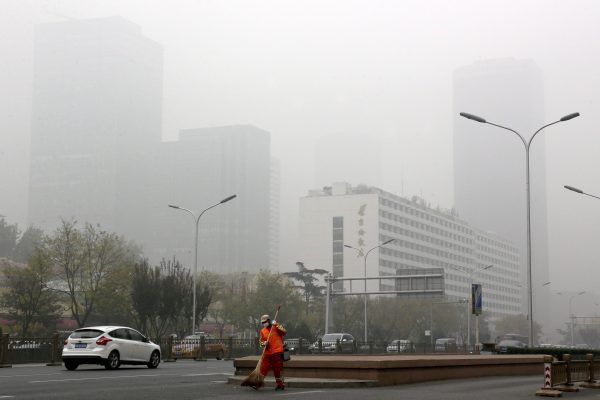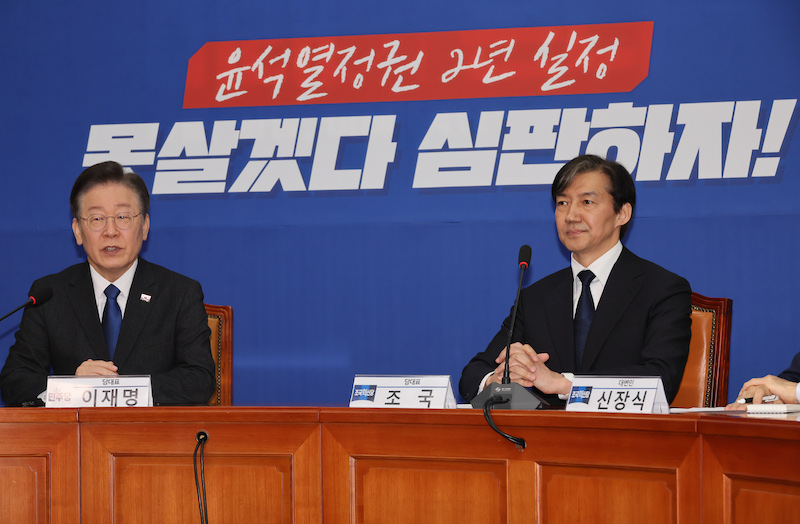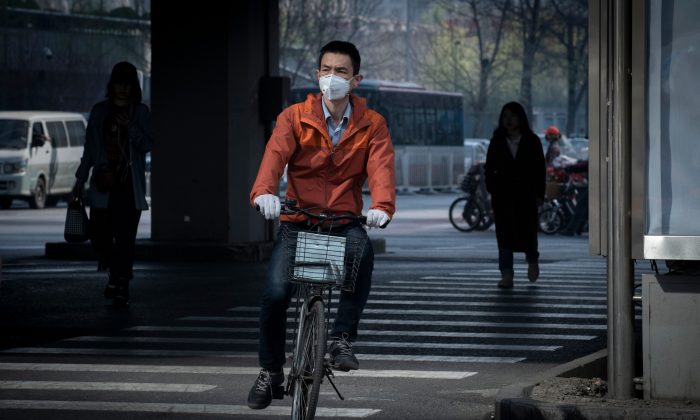서구 지식인 사이에는 독재체제에 대한 한 가지 환상이 있다. 경제를 한 순간에 바꿀 수 있다는 환상이다. 그래서 일부는 스탈린 이후 사회주의 국가의 성과에 대해 과대평가해왔다. 캐나다의 트뤼도 총리는 복잡한 민주주의 절차 없이 녹색 경제를 실천할 수 있다며 중국을 부러워하기도 했다. 확실히 독재체제는 하나의 목포에 집중할 수 있고 비용에 구애받은 자원투자도 가능하다. 그러나 권력자의 직관이 어긋나는 경우 ‘민주적 절차’의 부재로 인한 극도의 비효율이 발생한다.
One thing you can say about dictatorships is that they’re efficient. It’s not true, but you can say it—as our prime minister notoriously did back in 2013 when he was still Liberal leader.
Asked which nation he admired most, Justin Trudeau unexpectedly blurted out: “There’s a level of admiration I actually have for China. Their basic dictatorship is actually allowing them to turn their economy around on a dime.”
It wasn’t an original sentiment. Western intellectuals have been overestimating the achievements of repressive socialist states since Stalin and beyond.
Some actually approved of Bolshevism morally and lied on its behalf, like Walter Duranty, the Moscow Bureau Chief of The New York Times following the Russian Civil War. But quite a few others said with grudging approval that, however much one deplored the lies and mass killings, it did seem to be getting the job done. As late as 1984, famed economists John Kenneth Galbraith and Paul Samuelson claimed the Soviet economy was more successful than our own. And former U.S. president Ronald Reagan was laughed to scorn for claiming communism was doomed right up until it collapsed.
When it did, we discovered that central planning had not produced wealth or social justice. But it had done enormous harm including ecological harm, from which surprisingly few lessons were drawn given how much people already cared about the environment by the late 1960s.
Remember Lake Erie being dead for good in the early 1970s? If you’re too young and weren’t taught much history, there was a feeling in the 1960s and 1970s that we’d wrecked the planet for good this time and were all going to die from pesticides, phosphates, and industrial waste, followed by the ozone hole and acid rain (and now global warming.) Capitalism was blamed, with remarkably little interest in comparing what was happening here to what was happening behind the Iron Curtain.
When the Soviet Union collapsed in a disgusting cloud of polluted rust, people turned away from its environmental as well as economic failure—rather than saying hey, you know, freedom is messy and looks inefficient, even inane, but for all the apparent chaos and idiocy, in industrialized democracies citizens debate problems and demand government action. Lake Erie today is a remarkable success story.
It turned out it was communist dictatorships that prevented citizens from stopping or even complaining about pollution—and kept them too poor to worry much about it. And still do.

Nowadays, the problem isn’t Russia, at least not as much. No, it’s … drum roll please … China. And if you Google Trudeau’s “basic dictatorship” quotation today, most references end with “on a dime.” But what he actually said was, “Their basic dictatorship is actually allowing them to turn their economy around on a dime and say we need to go green fastest, we need to start, you know, investing in solar.”
He’s by no means alone in that delusion—and it is a delusion. Indeed, he had it backwards. The tyrants Trudeau admired for being able to green their economy because they didn’t have to worry about all that messy democracy have not greened their economy precisely because they don’t have to worry about all that messy democracy, including people wanting breathable air and being able to call out political lies.
Extreme Inefficiency
Dictatorships look attractive for various reasons. One is their appeal to people whose fundamental outlook is authoritarian despite much talk of rights and inclusion. But another is that they can look efficient because, as Friedrich Hayek explained in “The Road to Serfdom,” they are able to be very single-minded.
Dictatorships can pick one goal, subordinate all others to it, and direct resources to it without counting the cost. But the result, counterintuitively, is extreme inefficiency in producing goods and even propaganda. Because nobody brings them bad news, or real news at all, tyrannical regimes don’t know and thus can’t take into account the real cost of what they’re doing—until truth bursts through the gaping seams.
Pollution is a real cost of production, and idiotic missteps are a real cost of propaganda. China has had some ugly environmental headlines recently. It’s the world’s largest importer of oil, covering 70 percent of its needs; is fast becoming a big importer of LNG; is the world’s largest user of coal, supplying 70 percent of its electric generation; and is building or planning some 300 coal plants abroad and at least as many at home. It just cut its clean energy funding by 40 percent, which is turning on a dime, but which way? And it just admitted that its greenhouse gas emissions grew by over 50 percent between 2005 and 2014.

This April, Washington-based National Public Radio tried to whitewash the coal news, saying “China, known as the world’s biggest polluter, has been taking dramatic steps to clean up and fight climate change.” But then came the thorny question, “So why is it also building hundreds of coal-fired power plants in other countries?” Glad you asked. And the answer is: because those dramatic steps were just for show, by a regime so given to lying that it has no idea what truth looks like.
At this year’s Belt and Road Forum in Beijing, NPR continued, Chinese leader Xi Jinping “took the highly unusual step, for him, of meeting with international journalists, during which he repeated the slogan that he is committed to ‘open, clean and green development.’” So Xi really needs the green charm offensive to work. But there’s a reason he doesn’t meet with journalists he can’t send to jail—they expose his lies. And there’s no squaring this circle.
The resulting bad publicity on the environmental front is a real problem for Beijing, because it needs the sympathy of western progressives for whom climate change is a major issue. But China’s “efficient” system can’t cope with the disintegration of this particular public relations venture any more than it can really turn on a dime and green its economy.
Central planning just doesn’t work. It’s time to shelve any delusions to the contrary.
John Robson is a documentary filmmaker, National Post columnist, contributing editor to the Dorchester Review, commentator-at-large with News Talk Radio 580 CFRA in Ottawa, and executive director of the Climate Discussion Nexus. His most recent documentary is “The Environment: A True Story.”
*이 기사는 저자의 견해를 나타내며 에포크타임스의 편집 방향성과 일치하지 않을 수도 있습니다.


![[칼럼] 부산 ‘소녀상’에 비닐봉지 씌운 남성, 처벌할 수 있을까](https://kr.theepochtimes.com/assets/uploads/2024/04/MYH20240413005600641_P4.jpg)

![[태양의 길, 24절기] 생명의 비, 곡우(穀雨)…봄비 내려 백곡을 기름지게 하는 날](https://kr.theepochtimes.com/assets/uploads/2024/04/888-235x132.jpg)
![표현의 자유를 제한하다…기나긴 ‘검열’의 역사 [프리덤퍼스트]](https://kr.theepochtimes.com/assets/uploads/2024/04/fffr-235x132.jpg)
![먹거리만으로도 우울·불안에서 벗어날 수 있어…핵심 영양소 3가지는 [바이탈사인]](https://kr.theepochtimes.com/assets/uploads/2024/04/sss-1-235x132.jpg)